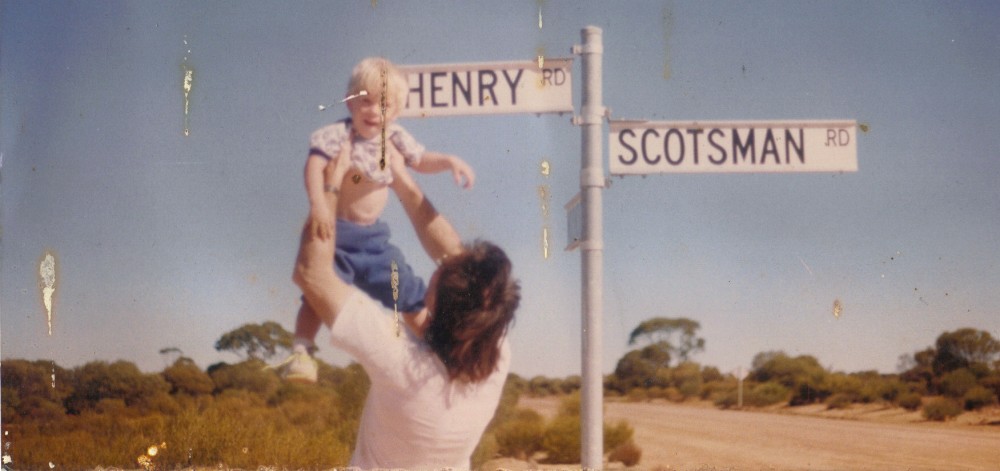Just as I don’t recommend particular focus on your song’s end, any more than I do for any other feature (as my emphasis has been all along on the song, with some qualifications, writing itself), I don’t imagine there’s a reason why you’d want to use a method where the songwriting student nuts out an opening line and a climax, and then finds the filling.
But, as with those other facets that I’ve downplayed, From the Sound of It is going to examine this as a strategy and see what develops.
As with devising just a beginning or fashioning only a finish, you can either do this with an overall title and theme in mind, or you can play with this as a creative writing exercise. Just be warned that the latter approach is harder, especially if you’re not paying any regard to whether those two lines have commonality.
Fear for our Reef
Another icon is listing
To score an Abbott Point
I’ve played fair and made sure that the lines are relatable to the subject matter in a clear and recognisable way. The first line deals with the Great Barrier Reef as one of Australia’s most important features; as being integral to our identity and the thing tourists are driven to see. The last line conflates the dredging and dumping activity and its architect or facilitator. A happy accident like the name Abbott Point is too good for any lyricist to pass up.
Given though, that coral bleaching and the Crown of Thorns starfish also threaten the reef, there is plenty of opportunity to make this more about the region and the reef itself than a further screed against the Government. I think doing this and making only the last couplet or so about Minister Hunt and co would make for a stronger piece (unless you’re deadset on writing a protest song that inflames opposition).
II
What happens when you don’t relate the first and last line? It’s been my experience that the brain’s ability to draw connections is near infinite so, if you want something more abstract you’ll probably need a non descript title and watch where the rest of the piece drifts.
‘Terminal avatars have set belief’
‘The gardenias have taken their place’
The last line, so capable of a literal reading and nice adjoining image, is a letdown for the first, which burst with potential in all directions: ‘What are terminal avatars; are they stand-ins that stand round stations, are they memes with a shelflife, or are they something else entirely?’ ‘Do they have rigid and doctrinaire belief systems or are they the instigators of an idealogy and drivers of perception?’
The last line may mean that there was some other flower or plant in the garden bed before, it may mean that the gardenias have assumed their position.. There is room for ludic play aplenty. But the fact that it is so different stylistically – though matching in length – makes it hard work for the novice to see the connection and work from it. I wouldn’t be surprised, if a work does emerge, that the title is decided once the piece is written because the task of joining up such a song requires all your concentration.
The most likely approach is to add to the lines in a way that makes sense for both the pitch and flow of the song. It may be harder for some to work backwards, and there’s no guarantee that, by observing the fidelity of couplets, start and finish will meet and make sense.
‘While shadows have met with grief’
‘Seedlings and saplings falter’
Terminal avatars have set belief
While shadows have come to grief
Our spirits were dashed
Where the waves once crashed
Wraiths wrapped in car wreck confession
Strident symbiotes have open reign
Slipshod silhouettes say can’t complain
The market forces sway statues
Golems as solemn as virtue
Tear ducts for tragic betrayal
Simian similarities in sample case
We can’t let these things go to waste
Proteus as prototype
Grip now, mustn’t gripe
Time spent in timeless fashion
III
We have a draft that doesn’t lead to gardenias but, I’d venture to say, the work on this piece is fully attendant on what is there, not grafting on bits that don’t belong.
See how you go writing a separate song from ‘Seedlings and saplings falter/The gardenias have taken their place’
Tall shoots and deep roots
strikes me as a possibility for a preceding line.
